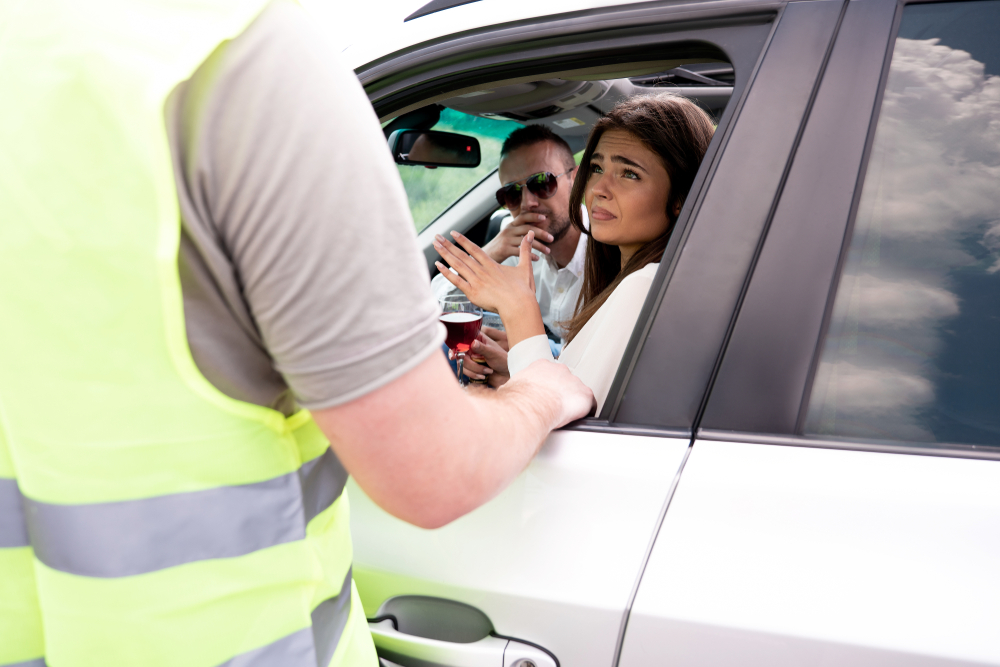We Accept Calls 24/7/365
We Accept Calls 24/7/365

Currently, 37 states and the District of Columbia permit police officers to conduct DUI checkpoints. This is part of each state’s efforts to take inebriated drivers off the road.
In Texas, DUI checkpoints are illegal. If your sobriety was called into question at a DUI checkpoint in Texas, the Mendoza Law Firm is here to assist you.
A DUI checkpoint, also known as a sobriety checkpoint, allows police officers to stop motorists at highly visible intersections or roadways to check for driver intoxication.
Police authorities often use a certain pattern when stopping vehicles. For example, they may stop every fifth car and ask a series of questions to determine if the driver has been drinking. A police officer does not need probable cause to pull a driver over when conducting a sobriety checkpoint.
However, if the police officer has reason to believe that you are impaired (i.e., you are slurring your speech or your eyes are bloodshot), they can ask you to take a breathalyzer or field sobriety test.
It has been proven that drunk driving has been significantly reduced in states that utilize DUI checkpoints. In fact, studies have found that both accidents and fatalities decrease when DUI checkpoints are publicized.
Although highly effective in reducing crashes involving alcohol, few states conduct DUI checkpoints. This is primarily due to a lack of resources and funding. There are simply not enough police officers available to conduct routine DUI checkpoints.
A recent study showed that of the states that conduct DUI checkpoints, only 24% of law enforcement agencies conduct checkpoints on a regular basis.
DUI checkpoints are highly controversial since they appear to violate a person’s Fourth Amendment rights under the U.S. Constitution. The Fourth Amendment declares that each citizen is entitled to protection against unlawful searches unless there is probable cause.
Albeit, the United States Supreme Court has left the legality of sobriety checkpoints to each state’s discretion. The Court felt that each state’s interest in mitigating impaired driving was worth the impingement on drivers’ rights.
DUI checkpoints are illegal in Texas. Although some states have specific laws on the legality of sobriety checkpoints, the Texas Court of Appeals ruled them unconstitutional in State v. Wagner 821 SW 2d. 288 (1991).
In Wagner, the Court of Appeals ruled that there was no committee overseeing the process of conducting DUI checkpoints in Texas. This was a standard that the court established in previous cases to justify DUI checkpoints.
The court also ruled that DUI checkpoints violated Article I, section 9 of the Texas Constitution. Since the Court of Appeals concluded that the sobriety checkpoints violated a person’s Fourth Amendment rights, they held that the Texas Constitution would give citizens the same level of protection.
Police officers make it their mission to find drunk drivers. It is illegal for them to bypass the law in order to do so, including conducting DUI checkpoints. If you have been arrested for a DUI, contact us today to schedule your consultation.
We are available 24/7 to speak with you
512.757.8830608 S Guadalupe St #103, San Marcos,
TX 78666, United States